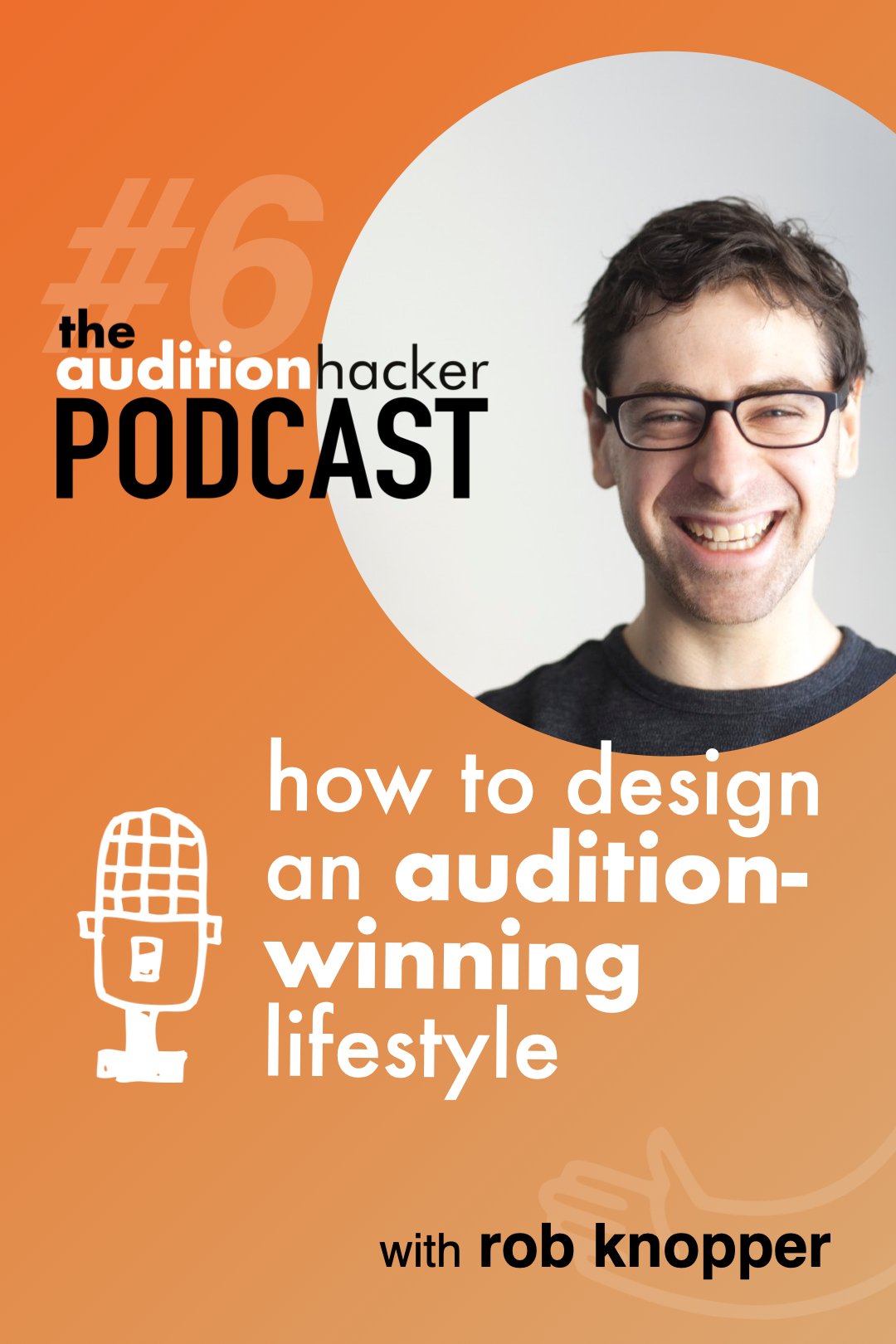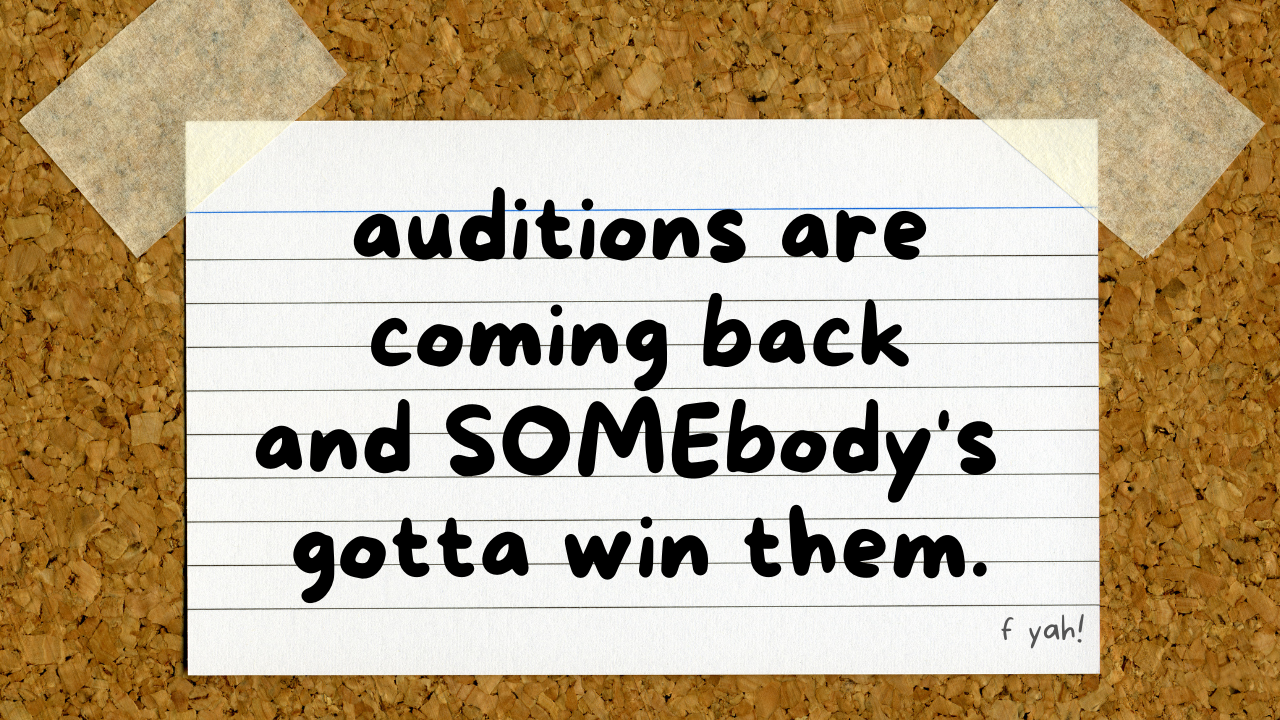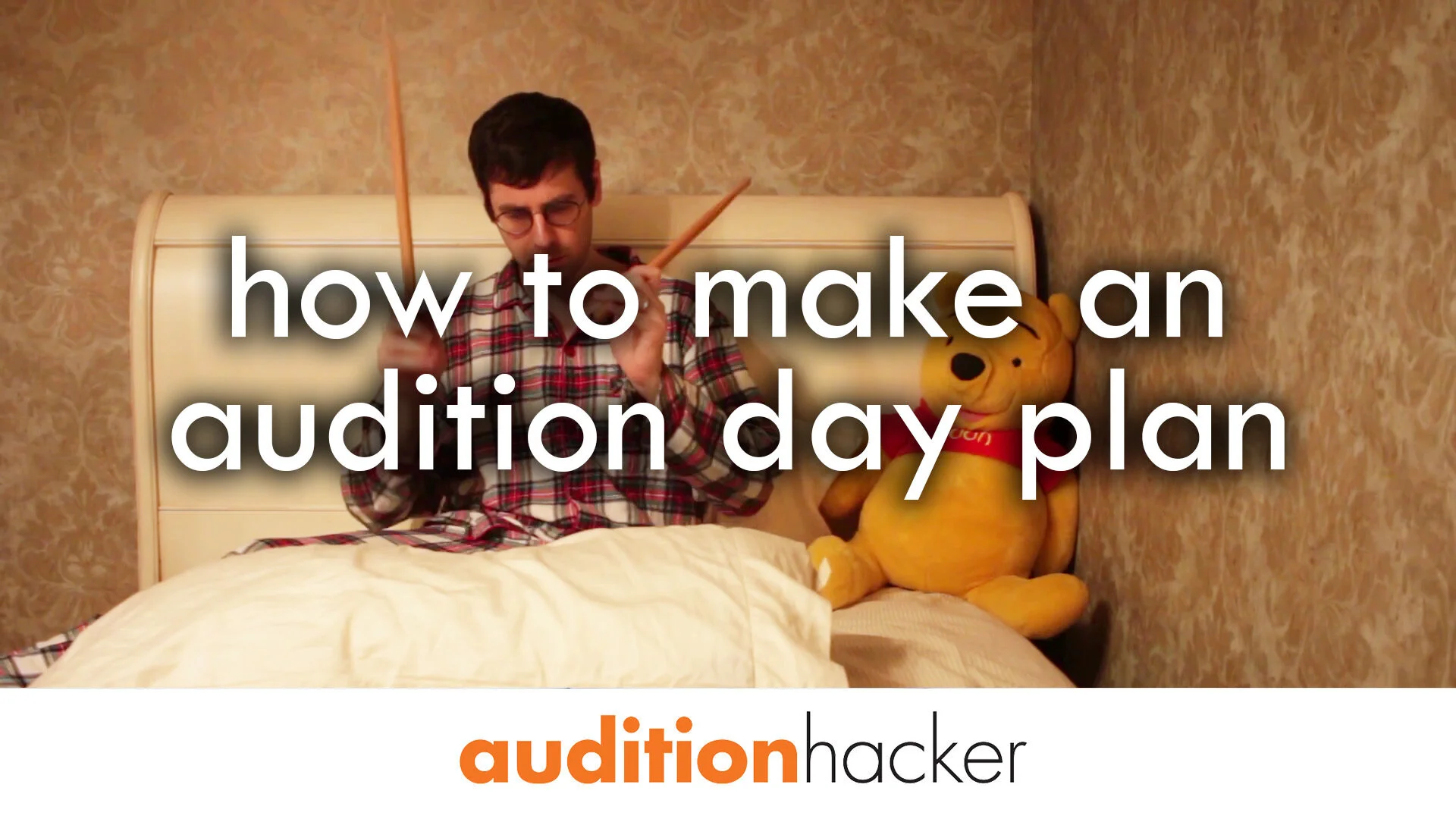let me ask you a few questions:
do you think musicians in the new york philharmonic did english homework in college?
did berlin phil members ever spend their precious time playing weddings or christmas gigs?
how much did san francisco symphony members practice, and did they sleep a full 8 hours?
how did the professional musicians of the world organize their life in order to win a job?
personally, i wasted my time doing the absolute DUMBEST stuff. like this:
ok, so i lived in the juilliard dorms all 4 years of undergrad. and in order to stay in the dorms the next year, you had to go to these 3 classes per semester called “horizons.”
(every juilliard student reading this just shuddered hearing that word.)
there were cultural classes, exercise classes, and all sorts of activities…none of which i wanted to do. i wanted to PRACTICE and do as little else as possible. i HATED horizons. one year, i waited until the very end of the school year to check on my horizons requirements and realized i had fallen short by 1 class. and there was only one option left…
…belly dancing.
yes, they offered a belly dancing class, and it was literally the only thing i could do to make sure i got a room for the next year. i couldn’t believe my eyes. but hey. i had to do it.
so i went. it happened, and as much as i try to put it out of my memory, it was a part of my juilliard experience.
(juilliard, if you’re reading this, PLEASE don’t make those poor innocent future stars go to belly dancing class anymore...)
but the real problem is this: if every day you have to keep doing all sorts of random bullshit to make everyone else happy, then when are you going to work on what’s important: becoming an employed musician?
no one ever knows if they’re doing exactly the right thing while they’re doing it.
i struggled with this problem every single day of my 10+ year audition journey. there’s always this huge list of things you HAVE to do (like belly dancing), and there’s this other list of things that you probably should do, like exercising, playing on a composer friend’s reading, or taking a gig.
there are the things your teacher is telling you to do, the homework you have for your classes, and the things that you think you should do that will make you a better musician.
you could practice with a metronome. you could play stuff for your friends. you could practice your solo, or your excerpts. you could practice one measure at a time, or one page at a time.
so how do you decide what to do every day?
and how is it possible to tell if you’re making the right choices? is there some kind of measurement besides just asking your teacher, “do you think i’m on the right track?”
i’ll tell you how i felt. every day i’d worry about all the bad decisions i might be making. every time i missed a note, i’d think, “well what if i did more of this and that?”
i constantly felt like i was making all the wrong decisions and time was running out. and as some of my friends started winning summer festival auditions and then jobs, the feeling got worse. every time i failed another audition (which happened to me 40 times, as i’ve mentioned before), i’d feel like this was all a waste of time.
and then! i won a job. all of a sudden i felt like, “OH! i guess i was doing it right this whole time.”
of course, that’s not really true…i was doing some stuff right, and some stuff wrong. i somehow happened to scrap together enough of the good stuff to eventually squeak my way into a job with the met orchestra.
so how can YOU figure out if you’re doing the right things now? how can you better organize your life?
here are three strategies you should mull over, constantly:
interested in the auditionhacker formula summer boot camp with rob knopper and noa kageyama?
click below to learn more!
the fun begins may 31!
strategy #1: reverse engineer your future self
ok. where do you want to be in 5 years? or 10 years?
cliche question, i know. but say you want to become a professional orchestra musician. what would a future pro be doing each day 5 or 10 years before they win their job? what collection of experiences and skills would result in a perfect and well-rounded orchestra musician?
there’s all the obvious stuff, like dedicated practice and focus on things like rhythm, phrasing, excerpts, and audition preparation.
but then there are things like chamber music. it’s not orchestra, so should you do it? i hated chamber music in college but it helped me make incredible strides in the skill of playing with musicians around me. it was ESSENTIAL.
and what about going to orchestra concerts? going to an orchestra concert doesn’t help your concerto get learned. but in the big picture if you don’t go to orchestra concerts then you might not develop a concept of how your instrument should sound in an orchestra. you won’t know what great playing sounds like.
if you have one hour to do either ear training homework, sightread some scarlatti sonatas, or self-record your audition excerpts, what are you going to do?
this doesn’t mean cutting out everything nonessential. what it means is that you have to start prioritizing some things and minimizing others. don’t feel bad saying no to a gig (if you can afford it). don’t feel bad doing the absolute minimum for your music history test if it means you can make some major progress on your audition solo.
strategy #2: have enough failures
one thing you’ll eventually learn, if you haven’t already, is that your teacher is not going to provide you everything you need.
personally, i like talking about audition prep and snare drum technique, but i’m terrible at teaching about maintaining percussion gear. it’s one area i’m just not as interested in. if you were my student, you should look elsewhere to learn about how to tuck a calf snare drum head.
it could also happen when something comes naturally to your teacher…they don’t understand how it could be a struggle because it never was for them. and they don’t know how to break it down because they’ve maybe never thought about it that deeply.
your personality is unique. so are the dimensions of your hands and the small muscles of your fingers. your stream of consciousness and the way you trick it into making progress is going to be DIFFERENT than anyone else on earth.
even more important than the number of things you learn from your teacher is the skill of teaching yourself. you have to find personalized solutions to rhythm problems. you have to develop your own understanding of phrasing. you have your own list of top 10 favorite note-learning strategies in your head.
you find those solutions by experimenting with things in your practicing constantly.
if you’re trying out new practice methods and routines then you’ll fail at a bunch of them and you’ll find a few awesome ones that work. if you’re scared to ever try something new, you’ll never find those amazing methods that lead to your eventual success.
so my measurement of whether you’re experimenting enough is are you having enough failures? are you spending time trying a new sticking or fingering? are you trying out a new warmup routine? are you testing out a new daily schedule that’s based on 15 minute segments instead of hour segments?
if you’re failing enough because you’re experimenting a lot, that means that eventually you’re going to build that core foundation of personalized, effective strategies that work perfectly for you and no one else.
strategy #3: fill the piggy bank
if you feel like you have SOOOOO much to do and NONE of it is leading towards your goal, this is a useful visual for you.
think of all the things that you are supposed to do for school, for your lessons, for orchestra rehearsal, for family. imagine that you have an invisible piggy bank that you take everywhere with you. and the only time you can put a coin in the piggy bank is when you do something that, IN YOUR OPINION, brings you one step closer to your lifetime goal.
day to day, you can still try to get everything done that you’re supposed to. but in 5 years, what matters most when you’re stepping into the audition room of the LA phil, is how much you’ve put into the piggy bank in your life.
one last thing.
even if you follow all these strategies and live a completely structured, thought-out life…you’re still not going to know if it’s going to lead you directly to your goal.
join the club.
every single professional orchestra musician on earth has felt that insecurity of not knowing whether they will ever make it. that insecurity is a good thing. embrace it. when you’re insecure, you feel that motivation to push yourself and try harder.
that’s all!
thanks for reading guys, and good luck.
best,
-rob

















in 2019, a cellist named maria reached out to me about her audition struggles. on paper, she was the “worst audition candidate ever” (her words). she had 2 small children, a full-time teaching job, and hadn’t taken an audition in 4 years.